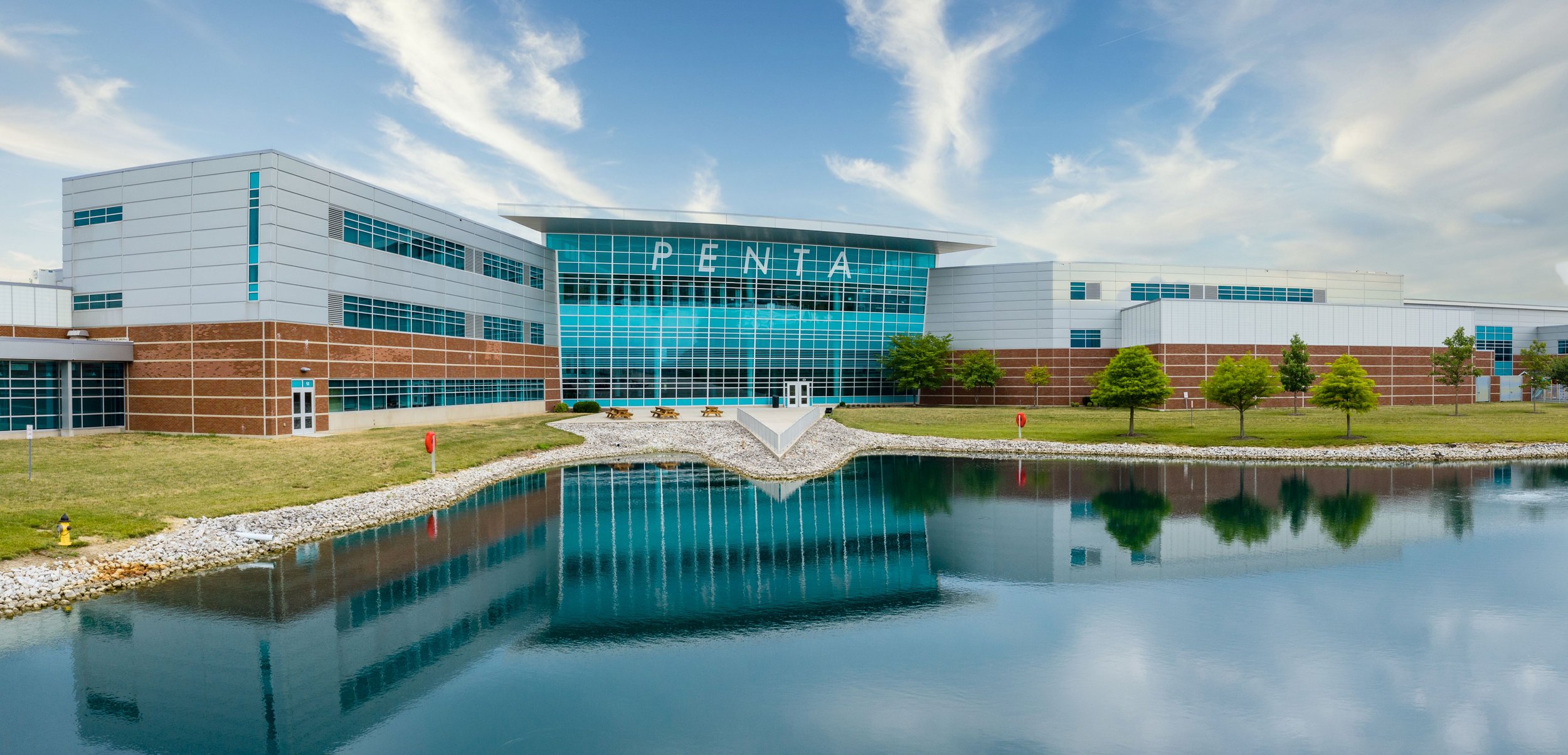
We stand out and are unique.
Students
Small Animal Care is a two-year program for students who enjoy working with a wide variety of animals (mammals, birds, reptiles, amphibians, and invertebrates). The program is an excellent opportunity for students who wish to explore careers in the animal care industry.
As Juniors - students will learn through hands-on experiences in areas such as: grooming, health, nutrition, reproduction, husbandry practices, neonatal care, bird training and customer service.
As Seniors - students learn veterinary science with Mrs. Rigali for a semester. She brings in a licensed veterinarian to perform surgeries (dog/cat spays and neuters) in our surgical suite. Students get to scrub in and assist. Students will also learn: knowledge of veterinary pharmacology, principles of surgery, safe laboratory skills, and the concepts of ethics and professionalism in the work place. After taking this class, students will be able to describe the anatomy and physiological functions of animals with practical applications.
With Mrs. Costello, students have the opportunity to learn zoo and aquarium management. Students will identify and apply responsible animal science principals and routine husbandry practices to captive animal populations. The class will apply knowledge of animal behavior, welfare, and husbandry principals to enhance exhibit design, animal enrichment and training plans, and educational and visitor engagement programs. Students that earn a "B" or higher, will be able to travel to The Toledo Zoo at the end of the semester and work along side the Education Department staff.
Students who enroll in this program will be part of the student organization called FFA (formerly known as Future Farmers of America). This group was originally founded by a group of farmers in 1928. At first this was a group that wanted to teach and instruct future generations of farmers the challenges of feeding a growing population. Now this group helps its members to develop their own talents and explore their interests in all types of pathways. This includes Future Veterinarians, Future Veterinarian Technicians, Future Groomers, Future Biologists, and Future Zoologists!


